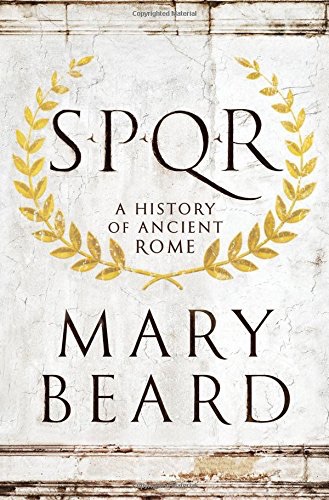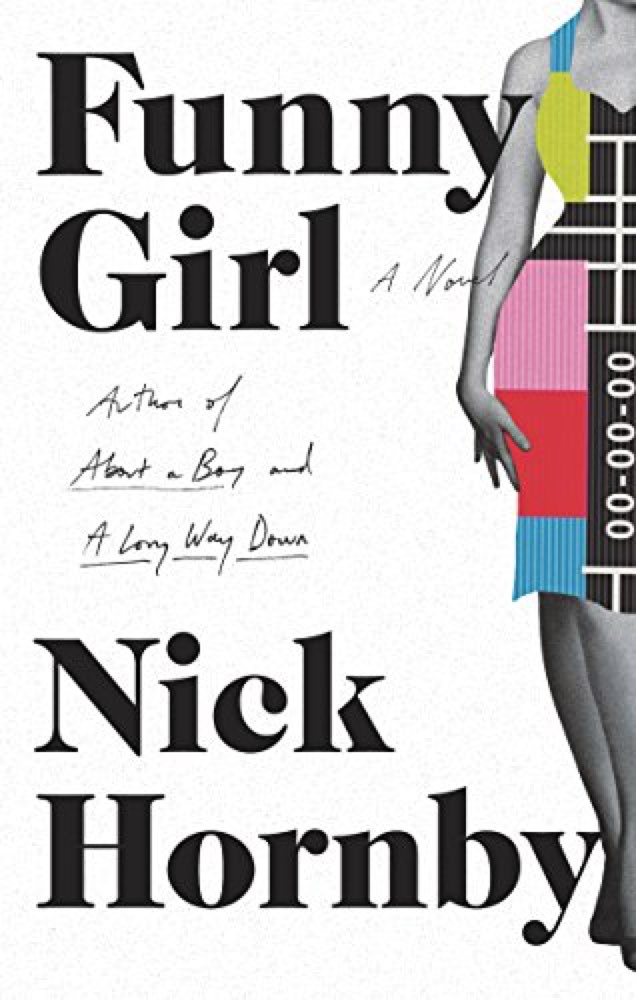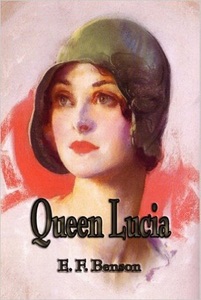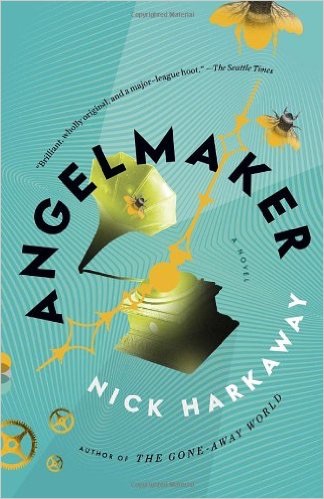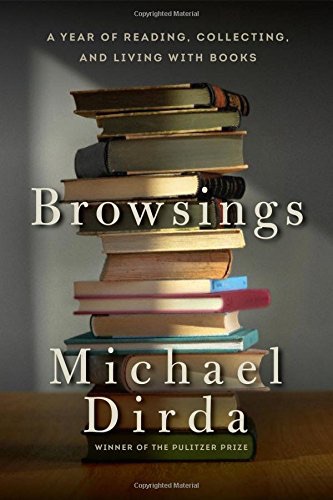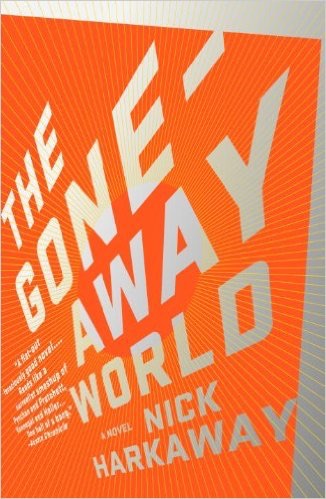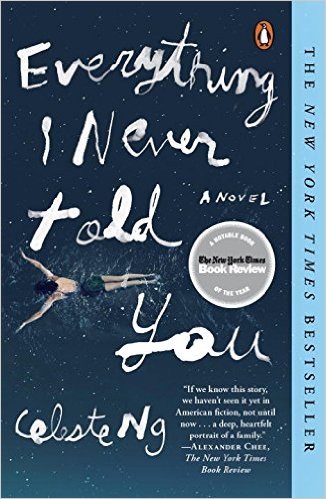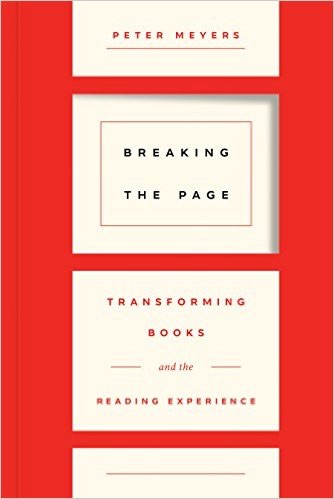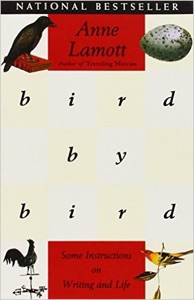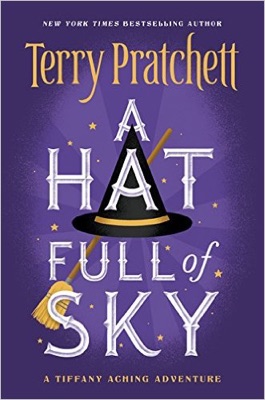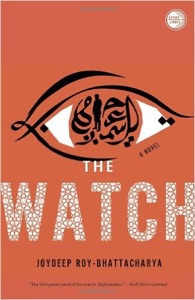We’ve been thinking about electronic books, and what comes after them, for decades. We’ve got lots of important (albeit difficult) thinking about the nature and practice of reading – Barthes, Derrida, Bolter, Landow, and much else. We’ve got lots of invaluable research on actual reading practice with actual ebooks, much of it capably reviewed by Cathy Marshall in her Reading And Writing The Electronic Book. Little of this body of knowledge finds its way into this book, and the book provides almost no guidance to those hoping to learn more than it contains.
Peter Meyer loves books, but when he talks about the sorts of books he reads, his interests do not seem notably broad -- memoir, thrillers, history of science, anthropology, cookbooks -- and his reading style apparently relies heavily on skimming. He’s an inspiring graphic designer and some of his ideas for implementing graphical tables of contents and overviews – a concept introduced in Intermedia (van Dam, Meyrowitz, Yankelovoch, Landow) back in the mid-1980s -- look great. He’s big on reader’s dashboards; on the one hand, his dashboards look nicer than the sort of thing people have been doing in Tinderbox for the past decade, but then, those Tinderbox dashboards actually work.
In one chapter, Meyer (rightly) eviscerates the design of front matter in the eBook implementation of the elegant Maine Summers Cookbook. What he overlooks is the purpose of the elegant design in the print edition. That purpose, simply, is to sell the book, to coax the shopper in the bookstore to plunk down $30. If matching the blue of the endpaper to the blue of the table of contents convinces the reader that “care has been taken here, and the authors, like you, have sophisticated good taste,” then that helps achieve the goal. Ebooks aren’t sold in stores, they don’t have to compete for attention on the shelf, and by the time the reader is browsing through an ebook, the sale is pretty much made: they’re kicking the tires or checking their wallets. Design serves a purpose, the purpose of cookbook design is to sell the book, and for ebooks that purpose is best addressed on the Web page, not between the virtual covers.
Meyer adores Christoph Niemann’s Petting Zoo. So do I. I doubt it's a model for the future of books, though there’s a trace of Petting Zoo in The Sailor’s Dream. This leads to a focus on books for young children, books with sound tracks, books that have something
even greater than these individual bleeps and warbles. How the app’s sounds – its action-specific effects, its ambient background – feel integrated with the visual composition are key to the pleasure it delivers.
If I follow this – a misfortune has happened to this sentence, but we can make allowances – this is orthodox McLuhan, except McLuhan would have noticed that we’ve stopped talking about a book and begun to talk about a visual composition with a sound track, which may be a very good thing indeed, but whatever it is, it’s not going to be teaching you about partial differential equations. Julian Opie’s moving electronic portraits are fascinating, but they’re not books.
“I choose books in a fairly pell-mell fashion,” Meyer explains. I can imagine people – Nick Hornby, say, or Michael Dirda – choosing books in a way that recalls a bustling upscale thoroughfare, but I think Meyer really means “haphazard” or “helter-skelter”. “Fairly” doesn’t buy us anything, and “fashion” isn’t quite right, either. “I buy a lot of books” might have served.
Meyer isn’t particularly interested in links. I am. That’s a disappointment. The disinterest isn’t argued or discussed, so there’s not much to say.
This is a crippled book, a book whose author has compressed and simplified ideas until they are nearly unrecognizable. Some of the ideas are interesting, though like the Reader’s Dashboard we might learn more by building and using the thing than by merely talking about it. Some ideas are small and esoteric: yes, front-matter in eBooks is a mess, but the people who can do something about that are a small professional fraternity; there’s not much point in complaining to us, especially not when you’re a publishing consultant and you can complain to the people in a position to address the problem.
Many ideas in Breaking The Page will be familiar to people who know the literature. The literature isn’t always accessible and integrative reviews are always very welcome, but it would help to know where things come from and -- more important still -- to engage previous writers rather than simply erasing them. Instead of mixing McLuhan with some warmed-over Bolter, why not roll up your sleeves, show us what the master said, and show us why the master was wrong?
October 5, 2015 (permalink)

